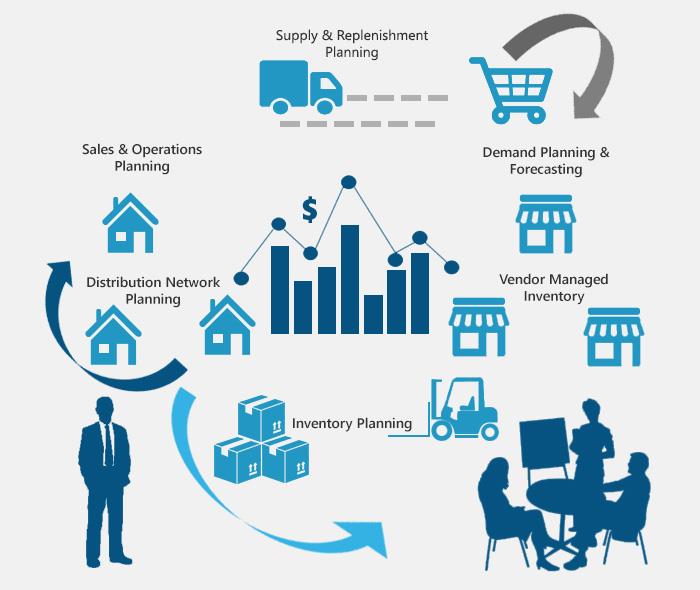 Read more here
Read more here

CILT Certificate in Stock Management, Forecasting and Demand Planning
DATE
Yet to be Determind
LOCATION
To be determined
Why Attend?
Demand planning is a critical process within Supply Chain Management (SCM) which ensures continuity of supply of the inventory at the lowest cost. Effective demand planning will help the SCM team improve the accuracy of forecasts, ensure enough inventory levels at all times, and enhance profitability by optimizing the expenses. The control side of this process is to ensure that plans are being met and to take the necessary actions when needed.
Demand planners are the 'behind the scenes' professionals who are entrusted with this critical responsibility. When they do their job right, no one recognizes them. However, they will be noticed quickly when they fail to deliver, given the negative impact this will have on customer service and the bottom line.
In this course, many demand planning theories, models and best practices will be discussed which will assist the participants in dealing with various future scenarios to ensure continuous flow of the inventory at the least possible total cost.
 Course Objectives
Course Objectives
-
This Course Objective Hasn't Been Provided Yet
 Target Audience
Target Audience
Those involved in inventory or demand planning and stock control at the operational and supervisory levels. Also, those working in other functions of supply chain management (purchasing, stores, distribution) who need to understand the mechanics of inventory planning and stock control.
- Introduction to inventory management
- Objectives of inventory planning and stock control
- Reasons to hold inventory
- Inventory information system considerations
- Inventory push versus pull systems
- Identifying inventory costs
- Customer service in inventory management
- Description and classification of inventory
- Types of inventory
- The inventory ABC classification ranking model
- Uses of the ABC ranking
- Materials specifications and cataloguing
- Forecasting demand and lead time
- The inventory order cycle
- Dependent versus independent demand
- Factors affecting demand
- Factors impacting demand forecast accuracy
- Demand patterns
- Time series forecasting methods:
- Seasonal demand
- Moving average
- Exponential smoothing
- Measuring the accuracy of the forecast
- Setting lead time and methods to control it
- Inventory systems
- Elements of inventory holding and ordering costs
- The Economic Order Quantity (EOQ) model
- Dealing with quantity discounts
- Objectives of safety stocks
- Setting safety stocks
- Determining the Reorder Point (ROP)
- Counting and controlling inventory
- Importance of accurate inventory records
- Warehousing functions
- Causes of inaccurate inventory records
- Requirements for accurate inventory records
- Reporting record accuracy
- Periodic and cycle counting
- Reducing inventory investment
- The importance of JIT or pull theory in inventory management to reduce total cost
- Identification of surplus
- Disposal options of excess inventory
- JIT methods
- JIT requirements
- JIT risks
- Measuring inventory management performance
- Importance of tracking the effectiveness of the inventory planning and control functions
- Reasons behind poor inventory management performance
- Setting inventory KPIs and targets
- Examples of KPIs used in the inventory planning and control functions
- Qualities of the inventory specialist

Join Our Community